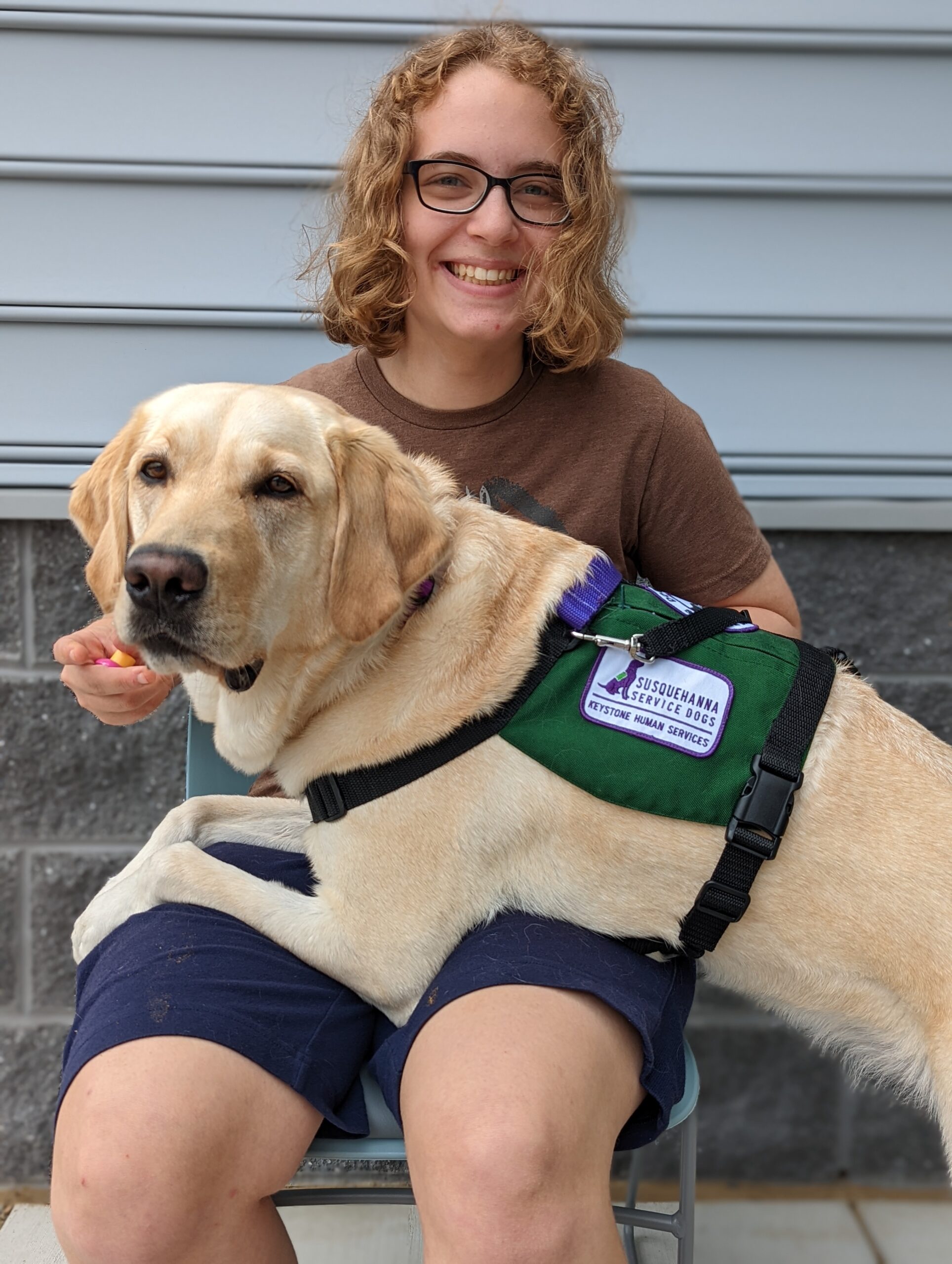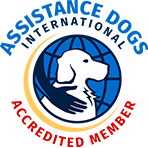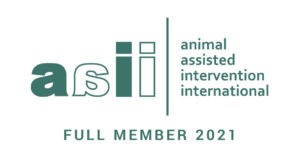Join us on Facebook. You’ll find the latest news, photos and videos.
Apply now

The News
Keystone Moldova English and Keystone Moldova Romanian
Keystone Human Services (KHS) is a non-profit organization that is a part of a global movement to provide support and expertise to people with disabilities.

“New doors opened for me when I received my service dog from Susquehanna Service Dogs, Delancey. I can now to anything I want to do, forever as a team, a girl and her dog. I am a happier person, a better daughter, an upgraded friend, and a more well-rounded academic. I cannot imagine my life without my service dog by my side. I can’t wait to attend college, go to work, and lead my best life with her by my side.” – Ava, about her service dog, SSD Delancey.
Susquehanna Service Dogs
1078 Gravel Hill Road
Grantville, PA 17028
Phone: 717-599-5920 ext. 4353
Email: [email protected]
Susquehanna Service Dogs is now accepting application requests through August 31, 2025.
Please note, due to our current waitlist, we are not accepting applications for mobility and balance assistance dogs or facility dogs.
If you are an SSD assistance or facility dog partner seeking a successor dog, please contact Partner Services at [email protected] for additional information.
To apply for an assistance dog through our program, applicants must meet the following minimum requirements. Requirements may vary, depending on placement type. For placement-specific requirements, please review Types of Dogs We Train. We encourage you to view each type of placement to determine what would best fit your needs.
Additional Requirement for Psychiatric and Autism Service Dogs
Applicants must be engaged in at least six months of therapy at the time of applying. SSD considers mental health and behavioral supports to be a vital part of the application process. Our service dogs are not a cure-all or a quick fix, but rather a tool. We have found that a dog is most beneficial for applicants when they have support from an experienced therapist on how to best use a service dog as a strategy to help support their mental health goals.
All applicants are considered regardless of race, sex, religion, creed, sexual orientation, or ethnic origin. Children must be at least 11 years old at the time of application for an assistance or in-home service dog, and at least 5 years old for a skilled companion dog. Parents/guardians must support having an assistance, in-home service, or companion dog for the child.
Assistance dogs and facility dogs: $5,000
In-home service dogs: $3,500
Skilled Companion dogs: $2,500
A limited number of partial need-based scholarships for assistance dogs are available. Eligibility is based on federal poverty guidelines and total taxable household income, which can cover up to $4,200 of the $5,000 fee. When determining an applicant’s eligibility to receive a service dog, we must also consider their ability to financially care for a dog throughout its entire life. We estimate that these costs average $200 per month. We recommend visiting the American Kennel Club’s website to learn more about the financial commitment of owning a dog. limited number of partial need-based scholarships for assistance dogs are available for residents of Pennsylvania based on federal poverty guidelines and total taxable household income, which can cover up to $4,200 of the $5,000 fee. We assess whether a person has the ability to provide for the lifelong care of the dog, including food, flea/tick/heartworm medications, and routine and emergency veterinary care.
To begin the process of applying for an assistance, facility, in-home service, or skilled companion dog, complete the application request form. Please allow 15 business days for us to review your request.
You will then be notified by email about the status of your request. If you meet the minimum eligibility requirements, you will receive a formal application along with additional details regarding the application process.
Our waiting list for an assistance dog or hearing dog is currently 3 to 4 years. Waiting time for a facility, in-home service, or skilled companion dog may be shorter, depending on the number of applicants. We will work closely with you to find a dog that best matches your needs and lifestyle.
Please review our eligibility requirements before submitting an application request. Please note that we do not train or place dogs to do guide work for the blind; to do seizure or diabetic alert; to anticipate or detect medical symptoms; to primarily provide emotional comfort or social support; to provide supervision, navigation, or safety from environmental hazards; or to provide personal protection. Our program does not permit tethering an individual and dog to prevent elopement.
Submit an application request.
If you need assistance completing the application request, please contact Partner Services at [email protected] or 717-703-0382.
Mobility assistance dogs assist people who have a disability that interferes with their ability to walk, allowing them to interact with their environment and other people more freely. Mobility assistance dogs also provide balance support. Specific tasks may include:
Wheelchair Assistance Dogs assist people who use a manual or power wheelchair full time, enabling them to have greater independence in public spaces and at home. Specific tasks may include:
Request an application for a Wheelchair Assistance Dog
Autism service dogs are trained to assist a person with autism to improve their social interactions and relationships and expand their verbal and/or nonverbal communication. The dog can also intervene when their handler becomes over-stimulated, helping to alleviate stress. An autism dog can help a person deal with transitions from place to place or activity to activity, increase responsibility, and add consistency to each day. Examples of how a service dog may assist a person with autism include:
Please note: Susquehanna Service Dogs does not permit tethering of an individual to a dog to prevent elopement.
Additional Requirement for Autism Service Dogs
Applicants must be engaged in at least six months of therapy at the time of applying. SSD considers mental health and behavioral supports to be a vital part of the application process. Our service dogs are not a cure-all or a quick fix but rather a tool. We have found that a dog is most beneficial for applicants when they have support from an experienced therapist on how to best use a service dog as a strategy to help support their mental health goals.
Psychiatric service dogs are trained to minimize the symptoms of post-traumatic stress (PTSD) and other psychiatric disabilities. In addition to performing specific tasks, the dogs give the person something to focus on rather than negative or fearful thoughts. Susquehanna Service Dogs trains psychiatric services dogs for veterans and non-veterans.
Dogs may be trained to:
Additional Requirement for Psychiatric Service Dogs
Applicants must be engaged in at least six months of therapy at the time of applying. SSD considers mental health and behavioral supports to be a vital part of the application process. Our service dogs are not a cure-all or a quick fix but rather a tool. We have found that a dog is most beneficial for applicants when they have support from an experienced therapist on how to best use a service dog as a strategy to help support their mental health goals.
Seizure response dogs respond to their partner during and after a seizure. They may provide some intervention to prevent injury during the seizure, get help within the home, or remain with their partner to assist them in recovering from the event. We do not train dogs to alert to oncoming seizures.
Dogs may be trained to:
With the assistance of hearing dogs, people who are deaf or hard of hearing do not need to rely solely on visual signals. Hearing dogs alert to specific sounds by touching the person with their nose and taking them to the source of the sound, with the exception of the smoke alarm. To alert to a smoke alarm, the dog touches the person with their nose and lies down.
Sounds may include, but aren’t limited to:
Facility dogs work with professionals in a variety of settings, such as courthouses, schools, hospitals, nursing homes, mental health facilities, and oncology clinics. They are trained specific skills to motivate and inspire, improve social behavior, encourage communication, and help people feel more comfortable and positive.
Facility dogs may be trained to:
Please note, the fee for service includes two handlers. Additional handler fees apply.
In-home service dogs provide assistance and perform tasks but do not have public access. These dogs are beneficial to children and adults who need a specially trained dog in their home but do not need their assistance in public settings.
In-home service dogs may be trained to
Skilled Companion dogs are placed with individuals or families of individuals with disability. Skilled Companion dogs are trained dogs that provide comfort, friendship, stress relief, and motivation within the home for one or more family members. They are taught basic skills and deep pressure. However, they are not trained specialized tasks. With Skilled Companion dogs, applicants have the ability to practice skills such as leash holding, dog care, and emotional bonding at home without the added pressure of working the dog in public like they would a service dog.
We also recognize that household members caring for someone with a disability often face challenges, and these placements are unique in that they meet the needs of the whole home rather than just one individual.
These dogs are not service dogs. Therefore, they are not permitted to accompany their handler in public. Skilled Companion dogs must follow local dog laws and access rules for housing and public accommodations as they apply to pet dogs.
Skilled Companion families must live within two hours of Grantville, PA and have a fenced area or access to a safe enclosed space to provide adequate exercise for the dog.
Please note: Susquehanna Service Dogs does not permit tethering an individual to a dog to prevent elopement.
Join us on Facebook. You’ll find the latest news, photos and videos.
Join us on X (formerly Twitter). You’ll find the latest news, photos and videos.
Join us on LinkedIn. You’ll find the latest news, photos and videos.
Join us on YouTube. You’ll find the latest news, photos and videos.
Join us on Instagram. You’ll find the latest news, photos and videos.


